As large language models (LLMs) continue to influence how people search and interact with content, optimizing your agency’s website is critical. In fact, we’re already hearing from members that prospects are finding them using AI. PR agencies that adapt now will be better positioned to connect with potential clients and talent.
Here are 5 ways your agency can optimize your website to take full advantage of LLMs:
1. Verify That Your Website Isn’t Blocked by Robots.txt
Even if your website has amazing content and structure, it won’t matter if search engines and LLMs can’t access it. The robots.txt file on your website tells search engine crawlers which parts of your site can or cannot be indexed. It’s critical to ensure that you’re not accidentally blocking important pages or sections.
- How to check your robots.txt file: Simply type yourwebsite.com/robots.txt into your browser. If you see lines like Disallow: /, it means that part of your site is blocked from crawlers.
- What to look for:
- Make sure critical pages—like your homepage, services pages, or blog—aren’t blocked.
- It’s okay to block admin areas or private sections of your site, but your public-facing content should remain accessible.
- Fixing issues: If something looks wrong, reach out to your web developer or use tools like Google Search Console to test and update your robots.txt settings.
By ensuring your site is accessible to AI crawlers, you’re removing a major roadblock to being included in LLM-generated answers.
2. Write Conversational, Question-Driven Content
LLMs excel at answering specific questions, which means your content needs to reflect how your target audiences search and engage with it.
- Ask, “Looking for a PR agency to grow and protect your brand? Here’s how we can help,” instead of stating “We are a full-service communications firm.”
- Consider adding a robust FAQ section that answers questions like:
- “What is a good PR strategy?”
- “Does my company need a PR agency?”
- “How can PR improve brand visibility?”
- “What are important metrics to determine the ROI of a PR campaign?”
- Don’t overlook the career and culture areas of your website. New recruits are already using AI in their job search—and those are the people you want to hire.
This type of content reflects how users phrase their queries and increases the chances of your site being featured in AI-generated results.
3. Make Sure Your Site Is Easy for AI to Read
LLMs need structure to understand your content. Think about it like this: If your site has poor flow, how can an AI make sense of it?
- Break up your content with clear, straightforward headings so it’s easy for AI to process. For example:
- Use headings like “Building a Measurable PR Strategy.”
- Then use subheadings like:
- “Step 1: Figure Out Who You’re Talking To”
- “Step 2: Pick the Right Platforms for Your Message”
The idea is to keep it simple and make the structure obvious—LLMs love that.
- Also, try adding schema markup. It’s a fancy way of tagging your site’s content (services, articles, contact info) so AI crawlers can find and highlight it. If you haven’t heard of schema markup before, tools like Google’s Structured Data Markup Helper are a good place to start. Clearly describe the content of your page in your meta descriptions and URLs.
- Ensure your website is not JavaScript heavy. AI is unable to read JavaScript.
- Add LLMs.txt which is a file that provides guidelines for how LLMs should interact with your website’s content. It’s similar to robots.txt, which tells search engines what they can and can’t access.
- Understand how AI crawlers access and interpret your content, optimize for AI-driven search, and unlock new opportunities for visibility by adding Agent Analytics to your site.
4. Prioritize Fresh, Relevant Content
LLMs favor content that is authoritative and up to date. Regularly updating your site with fresh insights positions your agency as a trusted thought leader.
- Publish blogs that address timely topics like “How AI is Transforming PR in 2025” or “The Future of Media Relations in a Digital-First World.”
- Consider adding AI-powered tools like Jasper or Grammarly to your toolbox to help refine your content for clarity and engagement.
5. Make Your Website Voice-Search Friendly
With LLMs powering voice assistants, optimizing for voice search is no longer optional.
- Target long-tail, conversational keywords like “Best PR agency for startups near me” or “How to use PR to drive leads.”
- Create content that answers these queries directly, such as “The top 3 benefits of hiring a PR agency” or “How to measure the success of your PR campaigns.”
The Big Picture
Optimizing your website for LLMs is about more than SEO—it’s about making your content accessible, relevant, and aligned with how people search today. By taking these steps and continuously refining them, your agency will be able to take advantage of LLMs to make your website a valuable asset.
If you haven’t started yet, now’s the perfect time to audit your website and ensure it’s ready for what’s next.


